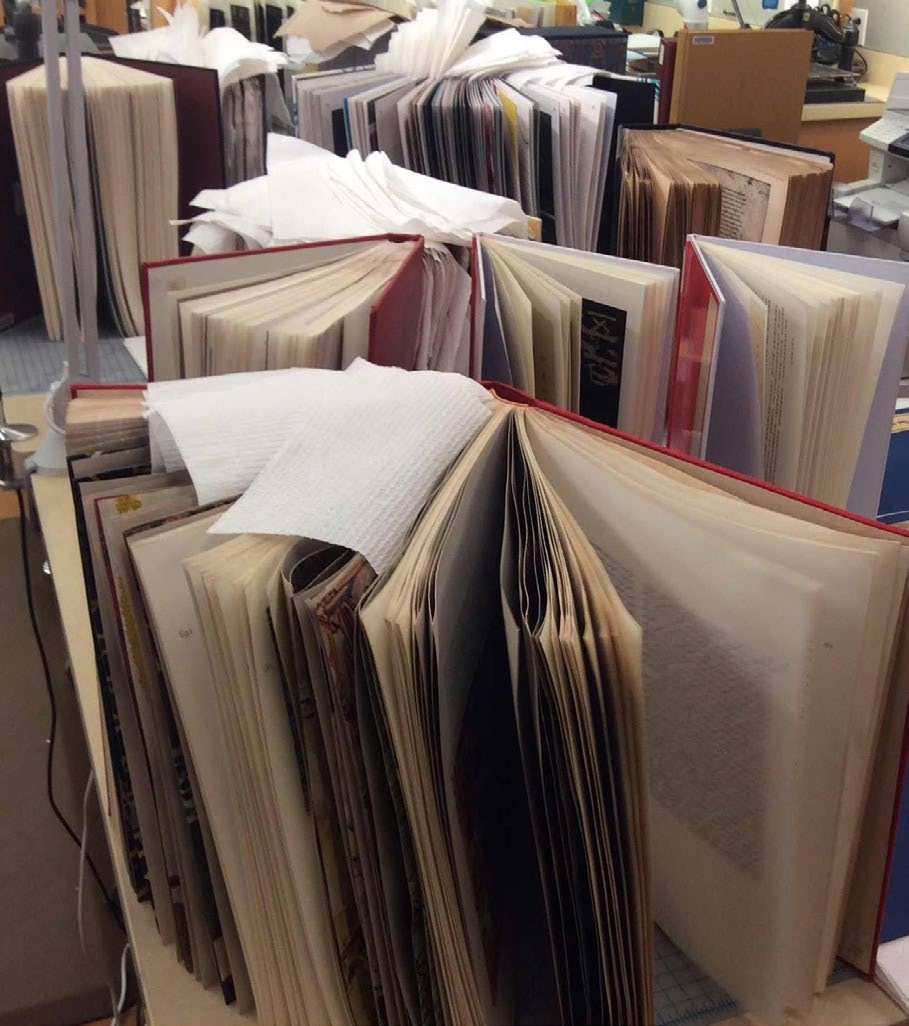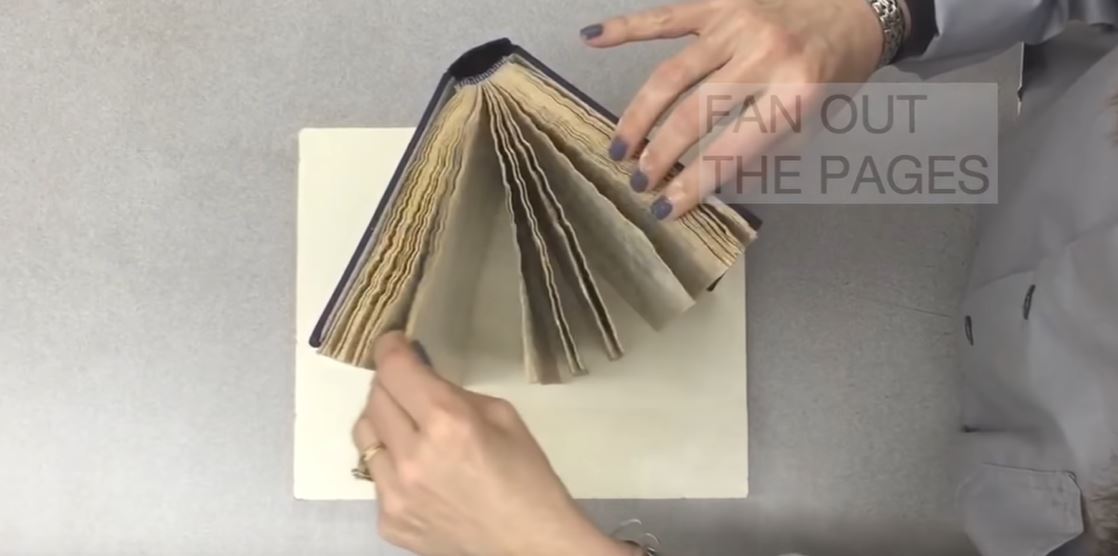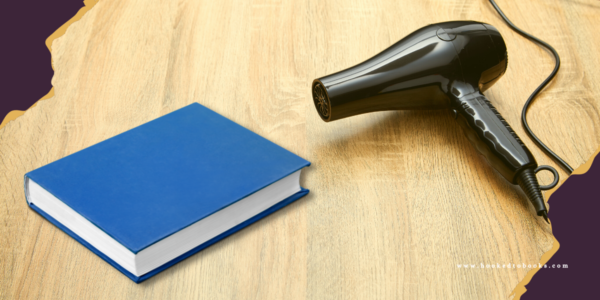So, You've Dunked Your Darling: A Book-Rescuing Romp
Okay, let's be honest. We've all been there. Maybe it was a rogue bathtub tidal wave. Perhaps a surprise sprinkler system ambush. Whatever the cause, your book is soaked. Don't panic. (Yet.)
First things first: gently pick it up. Think of it like handling a fragile, waterlogged baby bird. No sudden movements!
The "Freezer Flop" Method
This is my personal favorite. And probably the most controversial. Freezing your book? Blasphemy, you say? Hear me out!
Pop that soggy fellow into a freezer bag. Squeeze out as much air as humanly possible. Now, into the deep freeze it goes! Give it a good few days. Maybe even a week.
When you retrieve your frozen friend, let it thaw slowly. This helps prevent further damage. Then, prepare for... well, let's just say it won't be perfect. But it'll be *something*.
The "Paper Towel Pyramid" Approach
A classic! You will need lots and lots of paper towels. And a healthy dose of patience.
Open the book slightly. Prop it up on its spine. Begin carefully layering paper towels between the pages. Think of it as a book-shaped lasagna, but with less cheese and more absorbency.
Change the paper towels frequently. Like, really frequently. Especially at first. This step is crucial.
A fan can help! Aim it gently at the open book. But not too close! We don't want to create a paper towel tornado.
The "Rice Revival"
Another popular option! Everyone says rice is great for drying out electronics. So, why not books?
Find a large container. Fill it with uncooked rice. Bury your book within the grains.
Again, patience is key. Give it several days. The rice should (hopefully) draw out some of the moisture.
Important note: this can get a bit messy. You might find rice grains embedded in the pages. Consider it a charming reminder of the near-death experience.
The Unpopular Opinion: Acceptance
Okay, here's where I might lose some of you. But hear me out. Sometimes, the best thing you can do is... accept defeat.
I know, I know! It's heartbreaking. But if the book is severely damaged, or if it's just not worth the effort... let it go. Seriously.
Think of it this way: you now have an excuse to buy a new copy! And maybe this time, you'll read it in a less aquatic environment. Plus, you can recycle the old one, making Mother Earth happy.
A Word of Warning (or Two)
Avoid using a hair dryer! The heat can cause the pages to warp and crinkle. Trust me on this one. I learned the hard way.
Also, beware of mold. If your book smells funky, or if you see any suspicious spots, take extra precautions. Mold can be a serious health hazard.
And finally, remember that some books are simply beyond saving. First editions signed by Shakespeare? Maybe call a professional. That's definitely above my pay grade.
In Conclusion: Don't Cry Over Spilled Water (On Your Book)
Rescuing a wet book is a delicate dance. It requires patience, a bit of luck, and maybe a touch of stubbornness.
But even if you fail, don't beat yourself up. There are plenty of other books in the sea (or on the shelves, as the case may be). Happy reading!
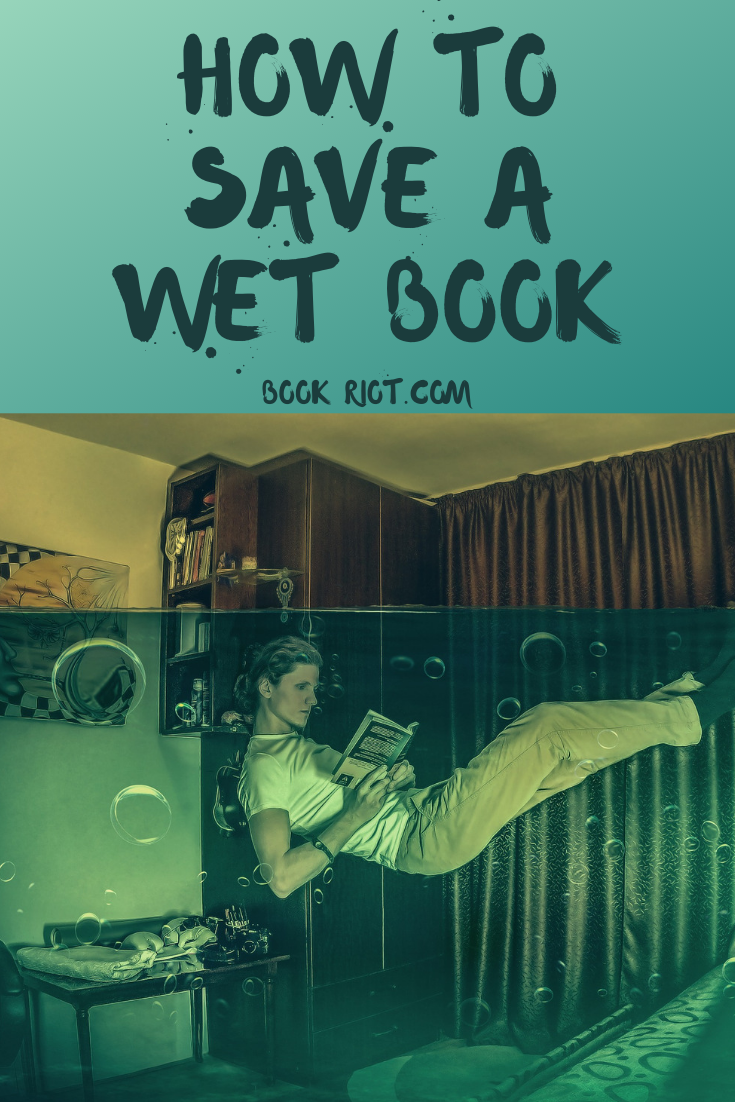
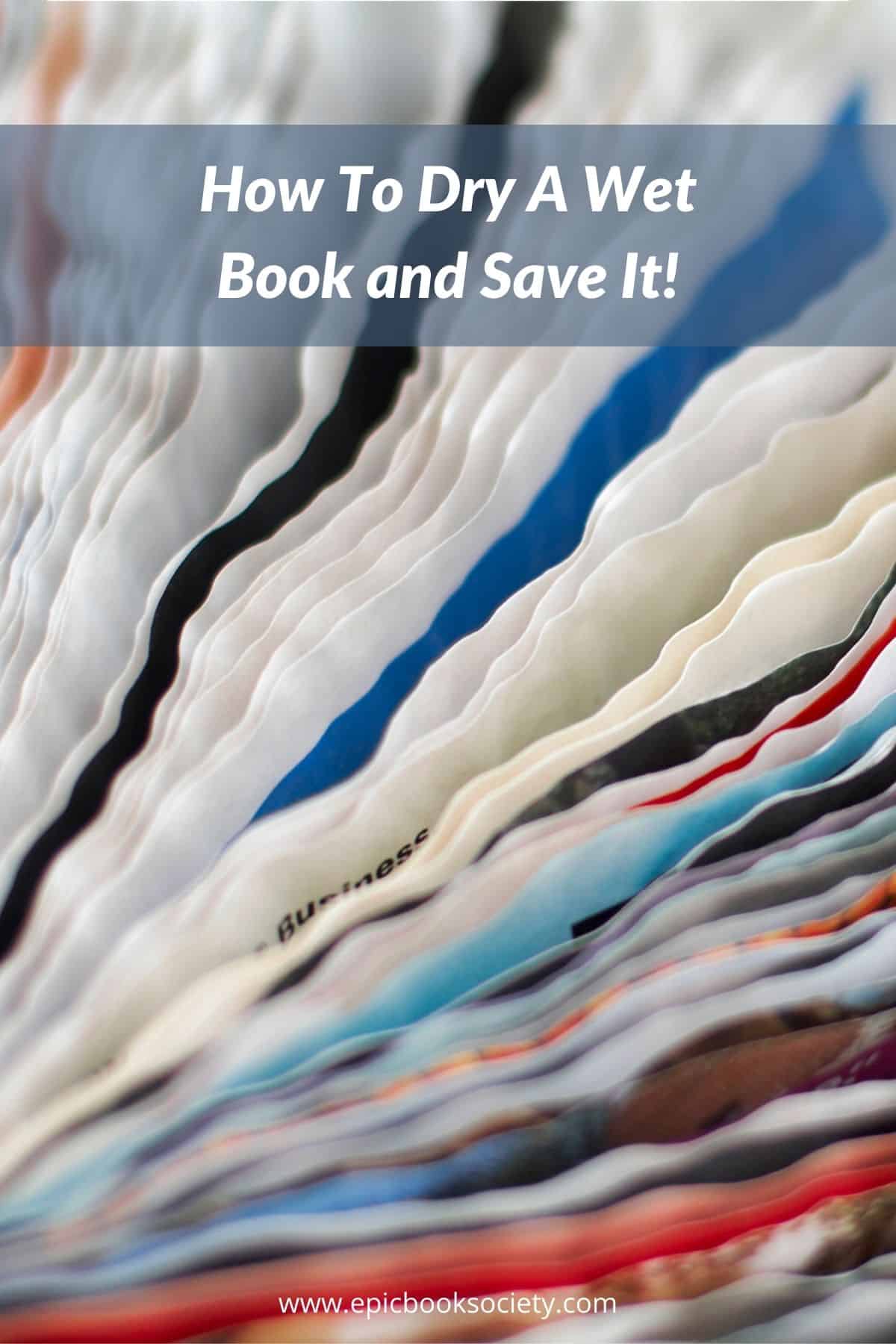

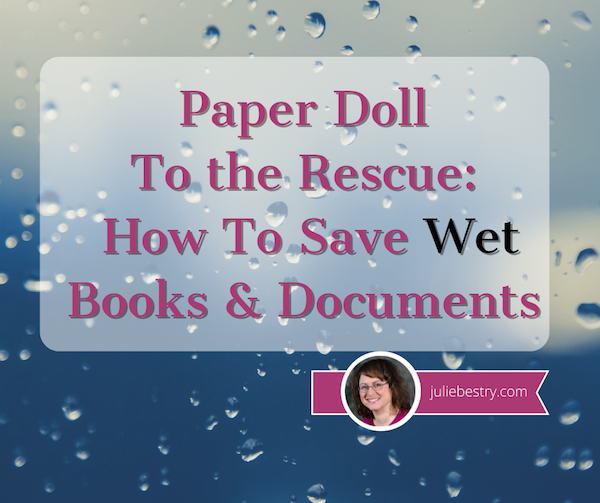





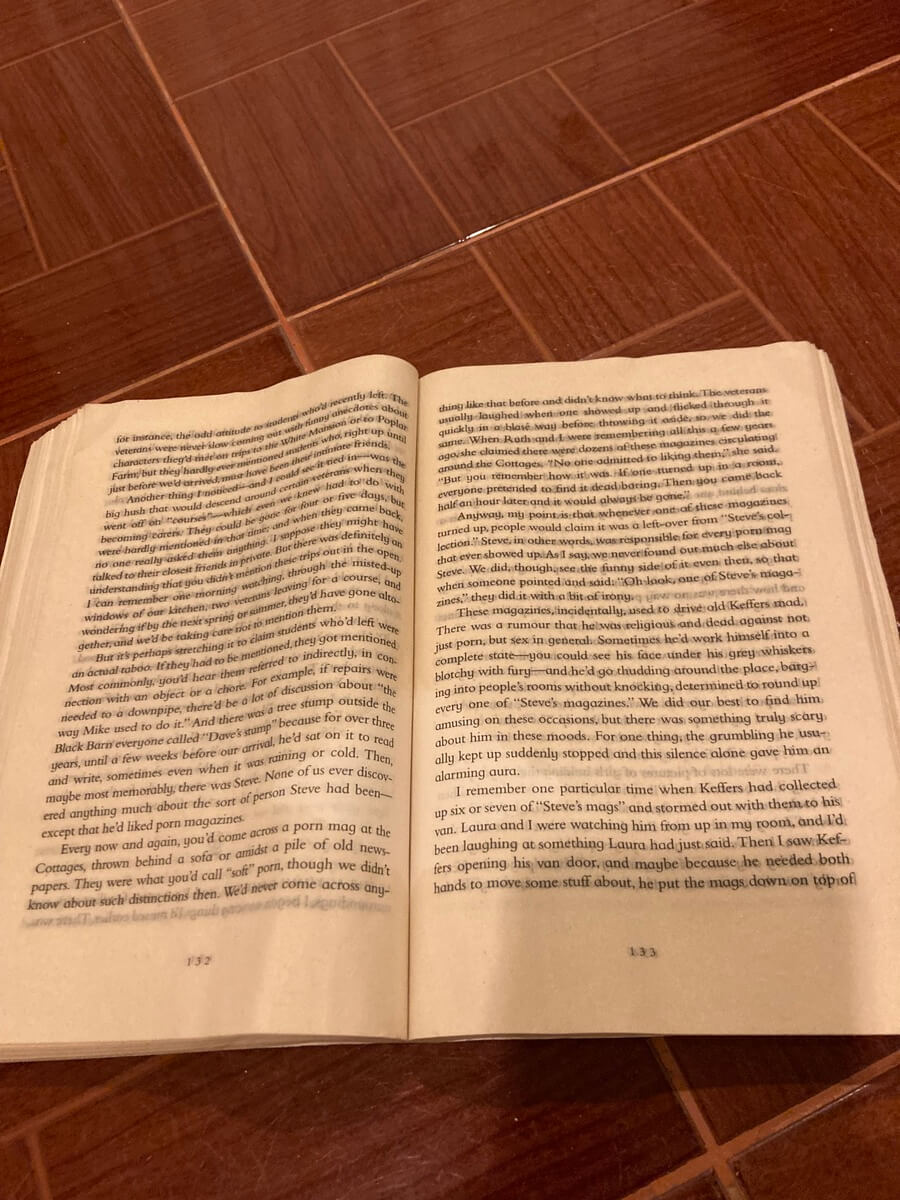


/__opt__aboutcom__coeus__resources__content_migration__treehugger__images__2017__09__fullsizeoutput_276b-6f8b96e93f1d42c484a7df354611ce69.jpeg)


